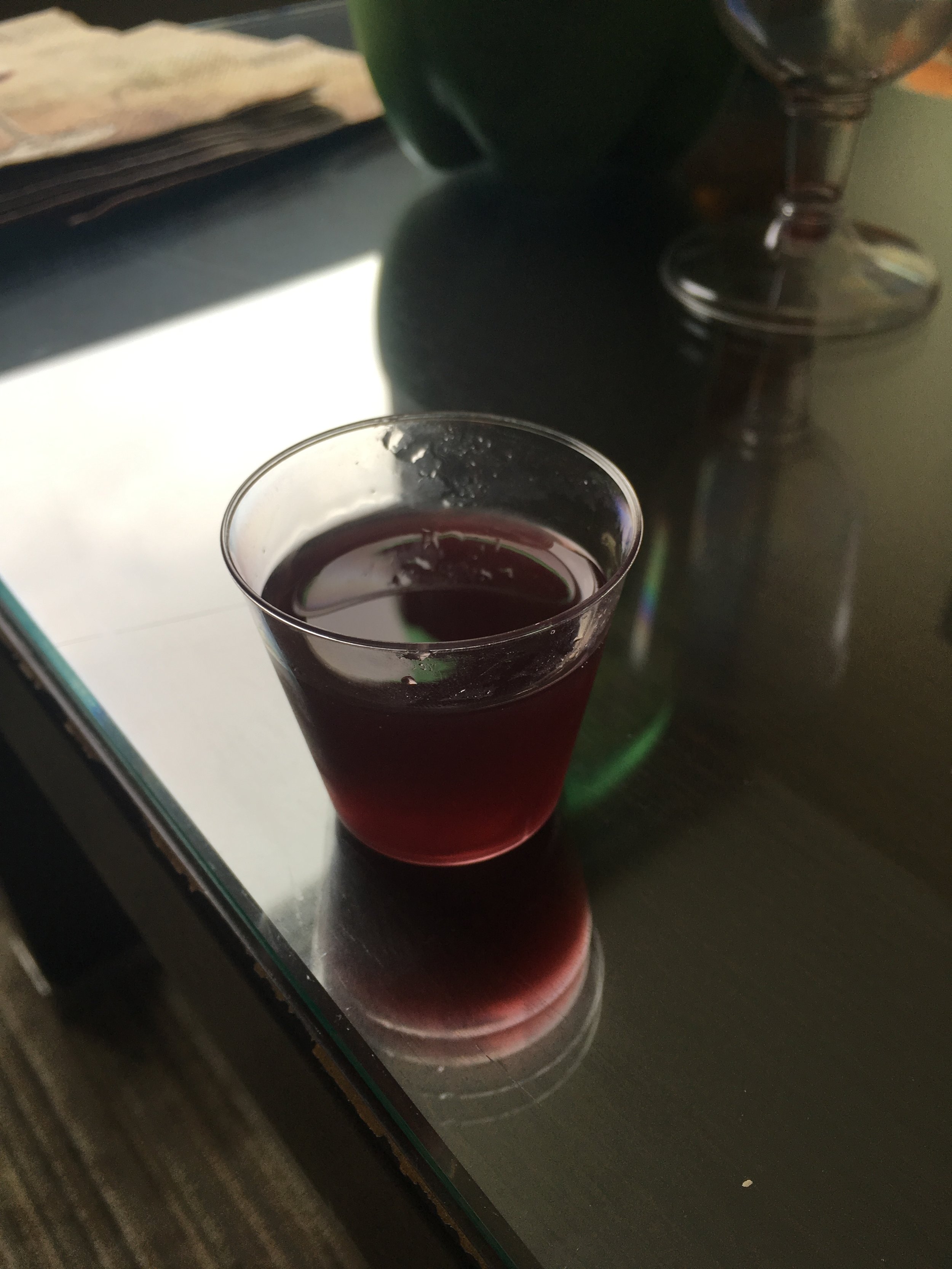What words did the Greeks, Romans, and early medieval English use to talk about different groups of people? What differences did they think were important? How do those compare to modern conceptions of ethnicity, national identity, or race? We try to give some basic background on this complicated question, starting with the etymology of the vocabulary and addressing some of the ways differences were conceptualized.
Show Notes
Full transcript of this episode
#2PodsADay
Video on the Anglo-Saxon Invasion, collaboration with Jabzy
Ethnicity in Herodotus--The Honest Entry
How is the Ancient Mediterranean Diverse If Everyone There Is "White"?
“Black Odysseus, White Caesar: When Did "White People" Become "White"?” James H. Dee. The Classical Journal. Vol. 99, No. 2 (Dec., 2003 - Jan., 2004), pp. 157-167
“Did ancient identity depend on ethnicity? A preliminary probe” Erich Gruen. Phoenix. Vol. 67, No. 1/2 (2013), pp. 1-22.
Were Medieval People Racist?
“Medieval and Modern Concepts of Race and Ethnicity” Robert Bartlett.
Caitlin Green’s blog, for general evidence of diversity in Britain
Race and Ethnicity in Anglo-Saxon Literature. Stephen Harris, Taylor & Francis, 2003.
Where the the term "White People" come from?
Colorlines in Classical North Africa
Our Patreon page
iTunes link
Stitcher link
Google Play Music link
This podcast episode on YouTube























































